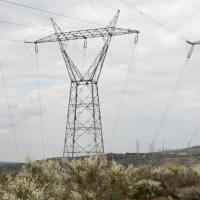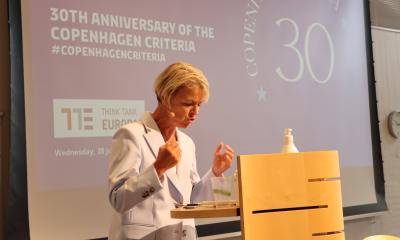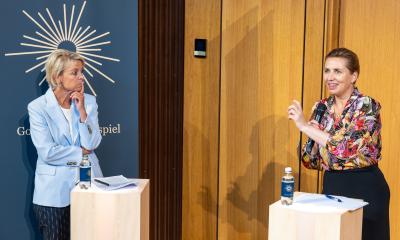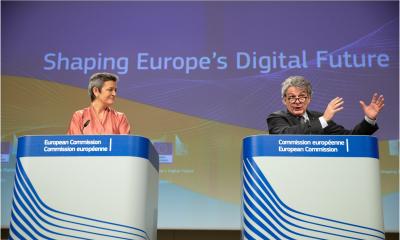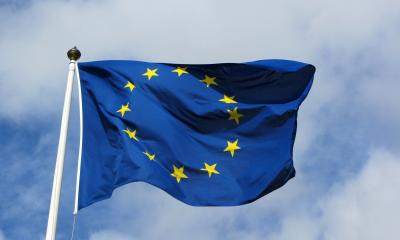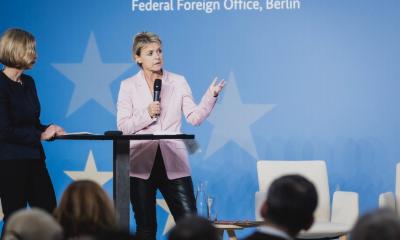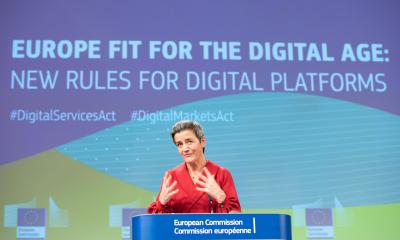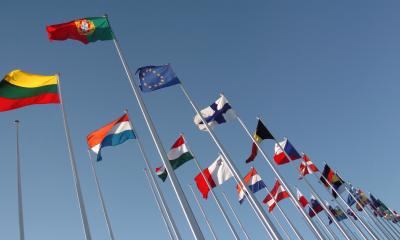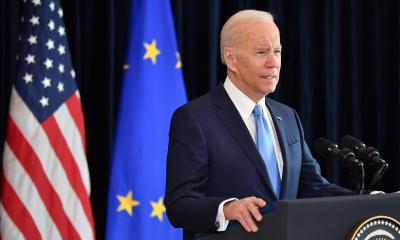After the December European Council: The EU needs an Agenda 2030 and Plan E
The decision to open accession negotiations with Ukraine and Moldova was historic. But the path to membership will be long and winded.
The December European Council meeting has already entered the history books. The decision to open accession negotiations with Ukraine and Moldova was indeed historic. But the path to membership will be long and winded. Most of the hard work has to be shouldered by the candidate countries. It is one thing to master the criteria for opening negotiations; quite another to successfully conclude them.
However the EU also faces a herculean task to make sure that EU’s institutions and policies remain effective with potentially up to 36 countries. This is strongly in the interest of Ukraine and the other new member states. After all, what is the point of joining a dysfunctional European Union? In short: Making EU institutions and policies “enlargement ready” is an essential part of the journey towards membership, not a detour. Nevertheless, internal reform could delay the process. Just imagine the difficulties of agreeing on increasing qualified majority voting in the Council or the size of the Commission.
From this perspective another crucial aspect of the December European Council is the decision to finalise a roadmap for internal reform by the summer of 2024. Such a roadmap should result in a clear strategic plan, just like in the run up to the “big bang” enlargement of 2004. In the so-called Agenda 2000 member states paved the way for enlargement by revising various policies such as the common agricultural policy. Similarly, member states should agree on a clear timetable for an “Agenda 2030” at the European Council in June. Otherwise, the EU risks not being ready when the candidate countries fulfill all the necessary conditions. Of special importance is the budget. To enable new member states to join before 2034, the EU will have to make room for the countries in its next multiannual framework, which runs from 2028-2034. In practice this implies that the Agenda 2030 should be part of the 2024 European Parliament election campaign and agreed upon during the Polish or Danish EU Presidencies no later than December 2025.
The link to the European Parliament election is crucial. After all, opinion polls such as those conducted by the European Council on Foreign Relations (ECFR) show that public support among current member states is probably the biggest Achilles heel for enlargement. Many voters remain undecided and a significant portion of Europeans is worried that enlargement may have adverse effects on the EU’s economy and security. Hence, we should draw another lesson from the “big bang enlargement” round: if Heads of State and Government take public support for granted, the EU could experience a similar rude awaking as it did in 2005 when France and the Netherlands rejected the constitutional treaty, not least out of fear of free movement of workers from the new member states. The EU’s response to the “double no” in 2005 was the so-called plan D – D for dialogue with civic society. In order to avoid this member states should start with the dialogue this time
The Think Tank EUROPA does not take collective positions. This publication only represent the views of their individual authors.

